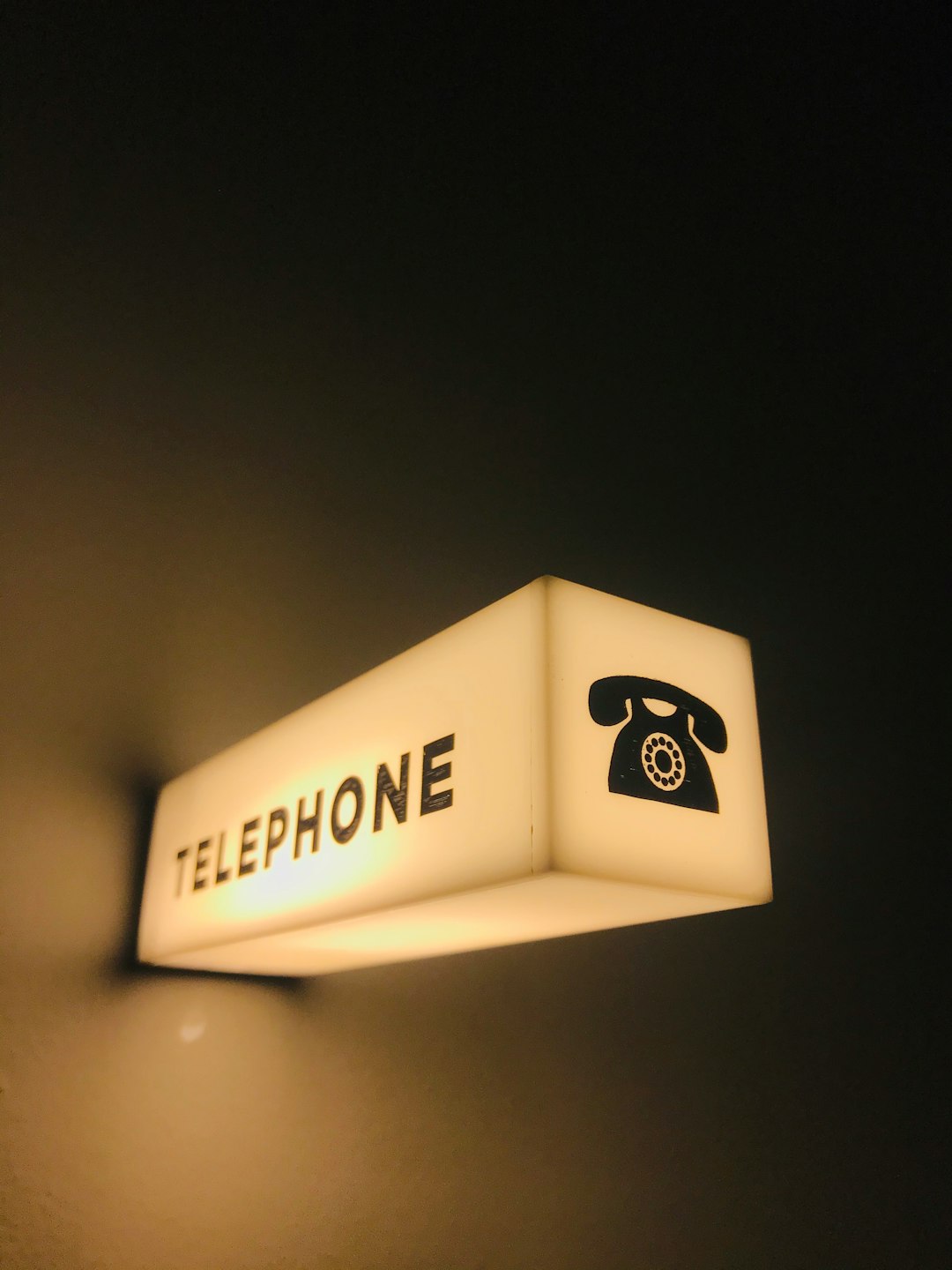In Wisconsin, noncommercial communication exemptions are key to protecting residents from unwanted telemarketing calls, ensuring peace and privacy. The "Do Not Call" list allows citizens to opt-out of commercial pitches, with political campaigns, charitable organizations, and public service announcements typically exempt. Do Not Call Attorney Wisconsin helps clients navigate these complexities, focusing on informational or educational purposes without commercial gain. Noncommercial communications include political, academic, government alerts, and charitable initiatives, ensuring important messages reach residents unobstructed. Understanding these exemptions is crucial for maintaining privacy rights while allowing vital information to flow freely in the public interest.
“In Wisconsin, noncommercial communication exemptions play a vital role in protecting free speech while respecting individual privacy. This article clarifies these exemptions, specifically targeting Do Not Call laws, which are essential for both residents and legal professionals alike. We explore the definition of ‘noncommercial’ in a legal context, highlighting key exemptions under Wisconsin law. Additionally, we guide attorneys through navigating these laws, offering practical insights for representing clients in this intricate area, especially those seeking guidance on engaging with Wisconsin’s Do Not Call regulations.”
Understanding Noncommercial Communication Exemptions in Wisconsin

In Wisconsin, noncommercial communication exemptions play a crucial role in protecting individuals from unwanted contact by telemarketers and other commercial entities. These exemptions are designed to ensure that citizens can enjoy peaceful enjoyment of their personal time without being bombarded with unsolicited sales pitches. Key among these protections is the “Do Not Call” list, which allows residents to opt-out of receiving phone calls from certain sources. By registering on this list, Wisconsin folks can rest assured that their privacy is respected and they won’t be disturbed by commercial calls.
Understanding these exemptions is essential for anyone looking to assert their rights as a consumer. The laws clarify what types of communications are exempt from certain restrictions, ensuring a balance between consumer protection and legitimate business practices. For instance, noncommercial communications like political campaigns, charitable organizations, and public service announcements are typically exempt from the “Do Not Call” rules. This clarification helps Do Not Call Attorney Wisconsin in advising clients on their rights and in navigating legal complexities surrounding communication exemptions.
What Does Noncommercial Mean in Legal Context?

In the legal realm, “noncommercial” refers to activities or communications that are not carried out for profit or monetary gain. This term is crucial when considering exemptions from certain laws, such as the Do Not Call Attorney Wisconsin regulations. Noncommercial communication typically excludes business or advertising purposes, focusing instead on informational or educational intents.
Under Wisconsin law, these noncommercial exemptions allow specific entities and individuals to engage in communication methods without invoking the usual restrictions. This clarification is vital for businesses, organizations, and citizens to understand their rights, especially when it comes to protecting privacy and avoiding unwanted contact from commercial callers.
Key Exemptions Under Wisconsin Law

In Wisconsin, the Do Not Call Registry plays a pivotal role in protecting individuals from unwanted telephone solicitations. One of the key exemptions to this registry is for noncommercial communication, which includes certain types of calls that serve informational or educational purposes rather than promotional ones. These exemptions are designed to preserve free speech and ensure important messages reach their intended recipients.
For instance, political campaigns, public service announcements, survey research conducted by academic institutions, and health-related alerts from government agencies are all exempt from the Do Not Call Registry’s restrictions. Wisconsin law clarifies that these communications must be noncommercial in nature, meaning they should not seek to sell or promote any product, service, or cause. This exemption allows vital information to bypass potential barriers, ensuring residents stay informed about matters of public interest and political significance.
Who Qualifies for Noncommercial Communication Exemptions?

In Wisconsin, noncommercial communication exemptions are designed to protect certain types of communication from being deemed as unsolicited or unwanted. These exemptions are crucial for organizations and individuals engaging in activities like public interest, educational, or charitable purposes, especially when contacting residents in the state. To qualify for these exemptions, entities must meet specific criteria. For instance, they should not be engaged in a commercial transaction, soliciting donations or support, or promoting a product or service for profit.
The Do Not Call Attorney Wisconsin regulations further clarify who is exempt from certain restrictions. This includes non-profit organizations, government agencies, and educational institutions that are not acting on behalf of a for-profit entity. The key is to ensure the communication remains in the public interest and does not involve any form of commercial promotion or solicitation.
Navigating Do Not Call Laws: A Guide for Wisconsin Attorneys

Navigating Do Not Call Laws can be a complex task for attorneys in Wisconsin, given the strict regulations surrounding commercial and noncommercial communication. As a Do Not Call Attorney in Wisconsin, understanding these laws is paramount to ensuring compliance and protecting clients’ rights. The state’s legislation aims to safeguard individuals from unwanted telemarketing calls, emails, and text messages by providing specific exemptions for certain types of communication.
Wisconsin attorneys should be well-versed in the rules governing noncommercial communications, such as those made for political purposes, charitable organizations, or certain educational institutions. These exemptions allow for more flexibility in how legal professionals can communicate with potential clients or donors. By adhering to these guidelines, Do Not Call Attorneys can effectively reach their target audiences while respecting privacy and consumer rights, thereby fostering a balance between legal advocacy and ethical communication practices.






